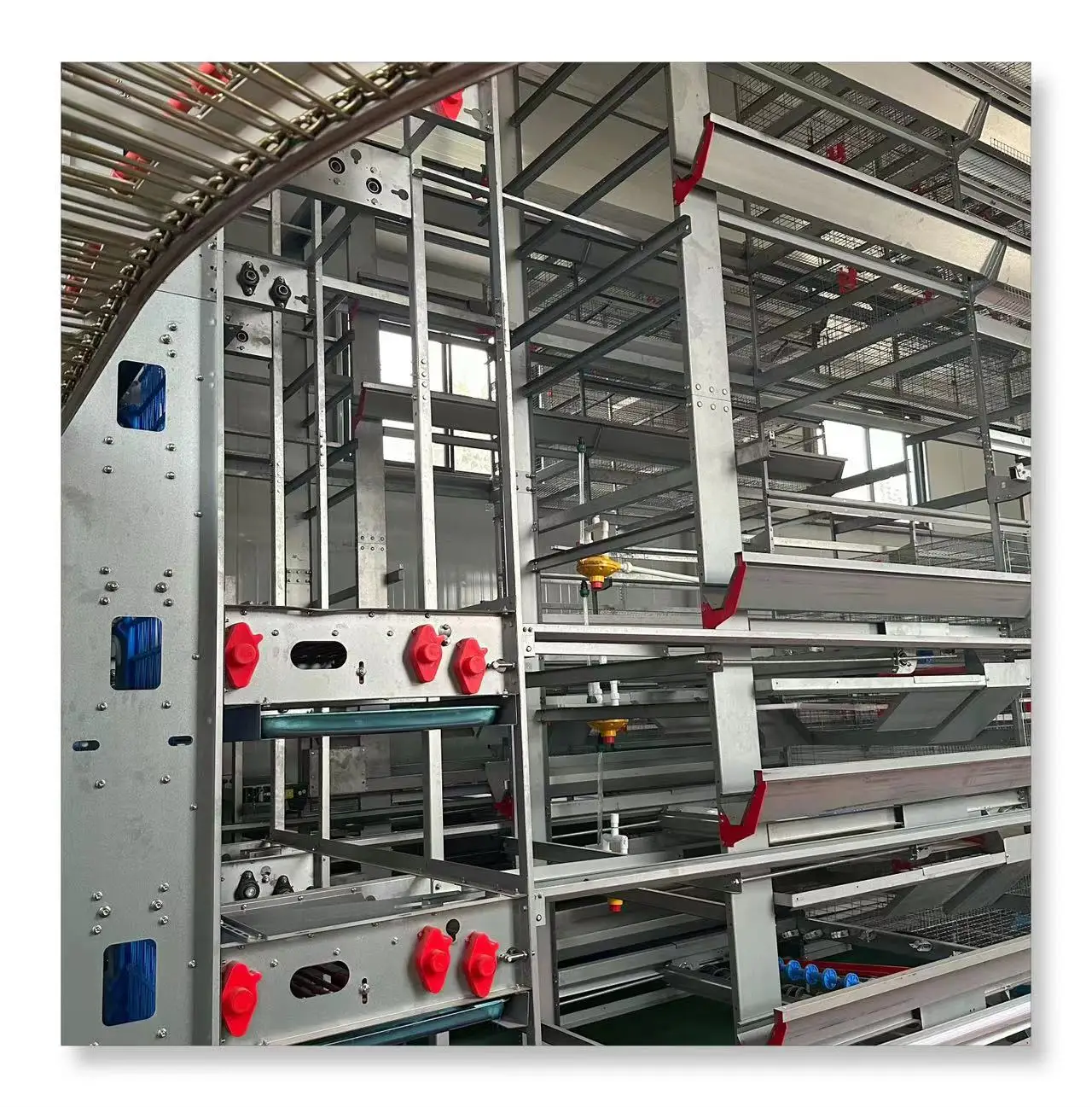Innovative Extruder Technology for Efficient Floating Fish Feed Production
Nov . 25, 2024 20:05 Back to list
Innovative Extruder Technology for Efficient Floating Fish Feed Production
Floating Fish Feed Extruder Transforming Aquaculture
The aquaculture industry has witnessed substantial advancements in recent years, one of which is the floating fish feed extruder. This innovative piece of machinery has become essential for fish farmers aiming to enhance their production efficiency and improve the quality of feed. Floating fish feed is designed to maintain its buoyancy on the water surface, making it accessible for fish to feed naturally, thereby promoting a healthier growth environment.
The floating fish feed extruder operates on a simple yet effective principle. It combines various raw materials, including fish meal, grains, and vitamin supplements, into a cohesive mixture. This mixture is then subjected to high temperature and pressure within the extruder. The process not only ensures that the feed is sterilized, reducing pathogens and enhancing fish health, but also structures the feed into pellets that float. This floating characteristic is crucial, as it minimizes feed wastage and maximizes feeding efficiency during fish farming.
floating fish feed extruder

One of the key benefits of using a floating fish feed extruder is the enhancement of growth rates in fish. Fish are more inclined to feed when pellets are presented on the water surface, allowing for better nutrient absorption and faster growth. Additionally, the extruded feed is more digestible due to the cooking process, which breaks down anti-nutritional factors present in raw materials. This results in lower feed conversion ratios, meaning fish farmers can achieve higher yields with less feed, ultimately translating into cost savings.
Moreover, with the increasing demand for sustainable aquaculture practices, the ability to formulate specialized feeds that cater to different fish species is invaluable. The flexibility of floating fish feed extruders allows for the incorporation of diverse ingredients, including sustainable protein sources and organic additives, catering to the nutritional needs of various fish types. This adaptability plays a significant role in promoting healthier fish populations and sustainable practices within the industry.
In conclusion, floating fish feed extruders represent a significant leap forward in aquaculture technology. By optimizing feed formulation and ensuring its floating properties, these machines contribute to healthier fish, improved growth rates, and increased operational efficiency for fish farmers. As the aquaculture sector continues to expand, embracing such innovations will be pivotal in meeting global food demands more sustainably. As a result, understanding and investing in floating fish feed extrusion technology is essential for fostering a productive and responsible aquaculture industry.
-
Automatic Feeding Line System-Pan Feeder Nipple Drinker|Anping County Yize Metal Products Co., Ltd.
NewsJul.29,2025
-
Hot Sale 24 & 18 Door Rabbit Cages - Premium Breeding Solutions
NewsJul.25,2025
-
Automatic Feeding Line System Pan Feeder Nipple Drinker - Anping County Yize Metal Products Co., Ltd.
NewsJul.21,2025
-
Automatic Feeding Line System Pan Feeder Nipple Drinker - Anping County Yize Metal Products Co., Ltd.
NewsJul.21,2025
-
Automatic Feeding Line System - Anping Yize | Precision & Nipple
NewsJul.21,2025
-
Automatic Feeding Line System - Anping Yize | Precision & Nipple
NewsJul.21,2025






